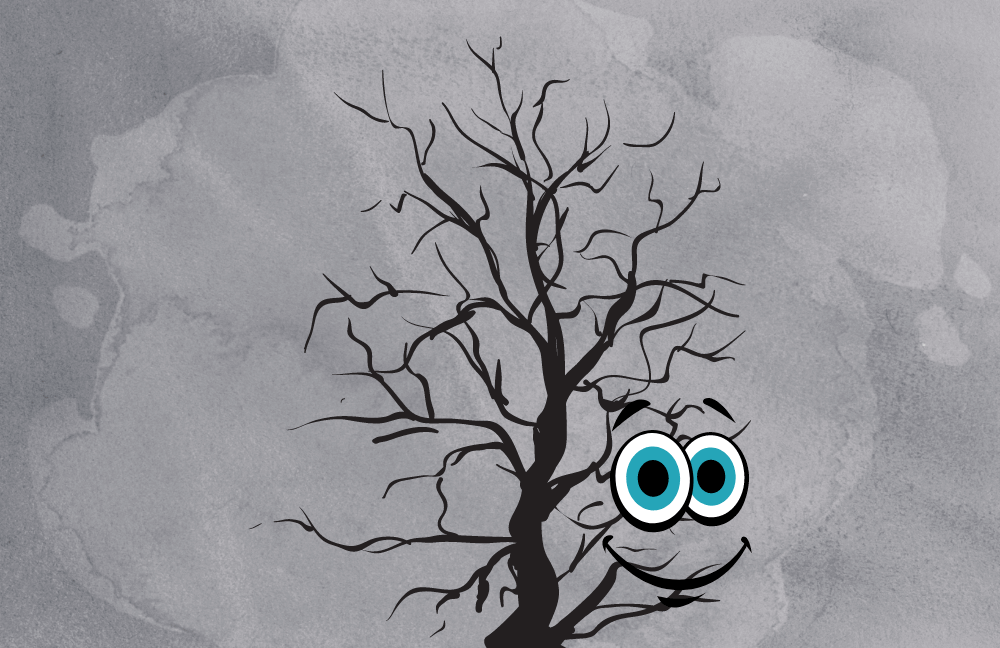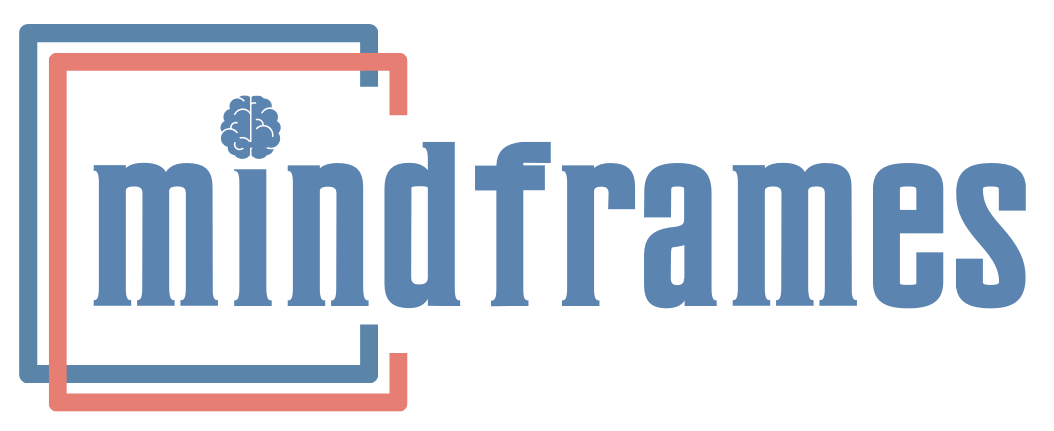Adolescence Crisis Workshop
Adolescence: A Challenging Phase
Adolescence is a transition from childhood to adulthood and this is not an ordinary shift. Teenage is a period of immense change, conflict, and turmoil. The physical transformation, cognitive reform, intellectual development, and above all, emotional upheaval; every child (and parent) must advance the bumpy roller coaster ride of adolescence. Adolescents could engage in risk taking behaviors, indulge in emotional reactivity, and are yet craving for autonomy. Change is discomforting for everyone. Children who are resistant to change endure greater hardship for establishing identity. That is why physical and psychological challenges in adolescence are so unique.
Adolescence: A Time of Stress
Performance-focused activities demand a degree of stress to drive children into action. This worry constitutes good stress or ‘eustress’. It is the energy source that fuels motivation offering a “spirited edge” that helps the child think quickly and clearly. They then express their sorted thoughts in ways that profit assertive communication, meaningful choices and optimal relationships.
On the other hand, escalated performance focus appears as a threat to many. Teenagers react negatively to such stressors and feel vulnerable. They don’t want to grow up, face accountability, make lasting friendships, study harder, select careers or deal with their bodily changes. This high level of arousal interferes with their performance, makes the thinking clouded and unclear, and constitutes ‘distress.’ Childhood and teenage stress are a leading cause of disability worldwide.
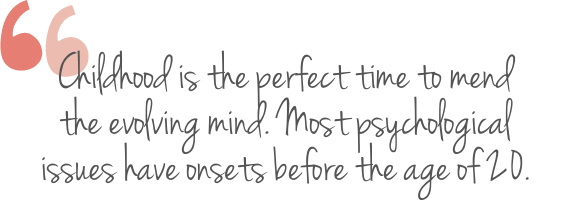
Stress Over Stress in Adolescence
When adolescents set out in the world to pave their way, fear and apprehension are expected. Its difficult to deal with friends moving away, new classmates, opposite gender relationships, breakups, as well as academic, career and peer pressure. All of this causes restlessness, unease, fright and possibly panic. Teenagers worry about everything. Their coping defenses are in place yet; hence unrealistic expectations, irrational fears, and catastrophic end points are common. Children are not equipped to deal with unpleasant emotions. They get sucked into the vicious stress cycle instigated by fluctuating hormones; worsened by parental demands, peer pressure, and a tumultuous emerging identity.
Negative Identity in Adolescence
Childhood sows seeds, and teenage sprouts twigs of identity. Adolescence a period of emotional responsiveness, personality makeover, habit formation and cognitive processing. Though teenagers are physically, cognitively, socially and emotionally more advanced than children, they’re still emotional, immature and risk prone – traits that are inconsistent with adult values and norms.
Adolescence is tumultuous – narcissism, proneness to dodgy choices, susceptibility to peer pressure, all life situations can get chancy. Powered by deceptive invincibility, adolescents tend to defy authority and disobey. They also become myopic and develop the PIG (problem of immediate gratification) wherein they make choices that influence their immediate micro-environments and lose the bigger picture. For example choosing a late-night party with alcohol, over staying at home to study before the exam. This could result in negative identity, that troubles the child as well as the family environment.
Why Adolescence is Hard
Any event that demands the body to alert its security system to fight, qualifies as a stressor. In adolescents, both bodily and psychological defenses are activated to fight the stressors during this metamorphosis. Sometimes these suffice; at others they are inadequate and take a toll on the teen’s physical as well as mental capacities.
A stressed mind suspends rational thinking, denies reality and arouses hopelessness, suspicion and self-doubt. This causes a damaging tetrad of negative perceptions, harmful thoughts, damaging emotions and erratic behaviors that eventually result in self-defeating life choices. That is why some teenagers get angry and upset easily, become violent, feel depressed, have gender identity disturbances, and in extreme cases may be driven to suicide. It takes composed determination to face life’s demands. And aren’t taught this at school or home; not traditionally at least.
Adolescence: Constructive Crisis
Causes of Teenage Crisis
- Interpersonal stressors with friends
- Demandingness from mother/ father
- Insecurity about their body image
- Challenging pubertal body changes
- Pressure to perform well and excel
- Apprehension about school grades
- Change in their residence or school
- Extra-curricular activities burden
- Unhealthy perfectionism traits
- Need to prove their independence
- Crunch time for career selection
Teenage Workshop Focus
- Healthy diet and regular exercise
- Yoga and relaxation techniques
- Building personal accountability
- Managing time more appropriately
- Healthy perfectionism guidelines
- Assertiveness and reliance training
- Modulating negative emotions
- Networking, building relationships
- Improved parental communication
- Gratitude: ‘do’ good to ‘feel’ good
- Ask for help whenever you need it
Reframing Adolescent Stress with Dr Shefali Batra
Promoting adaptive coping strategies like open discussion and problem solving; instead of maladaptive choices like fatalism and blaming are a prime goal in adolescent empowerment. We also focus on yoga, meditation and cognitive reconstruction; to enrich physical and emotional health. Rooted in the models of CBT (cognitive behavior therapy, REBT (rational emotive behavior therapy) and EFT (emotion focused therapies) these workshops aim at building tolerance to frustration and accepting life’s challenges gracefully.
Adolescents growing into adults, are our future. They have an enormous capacity to transform the world for better or worse. We owe them the tools, infrastructure, training and guidance to be a potent force for virtue in society. Our workshop on adolescent crisis focuses on maintaining optimism, a constructive outlook and belief in self-betterment to assure optimal personality evolution.
All the MindFrames workshops led by Dr Shefali Batra are educative, informative and evidence based in content; and yet informal, enjoyable and fun filled in their delivery. We focus on the child’s core and hope to engender confident, self-reliant and resilient leaders of tomorrow. Connect with us to discuss the different workshop options and let’s work together to enhance parent and teacher participation, and holistic child development. We aim to empower teenagers while at school with positive coping strategies to understand normative crisis and deal with life responsibly, paving way for mature and steady adulthood.
Dr Shefali Batra is a Feature Writer in the Teenager Today (India’s first Teen Zine) since 15 years. The magazine is focused on adolescent wellness.
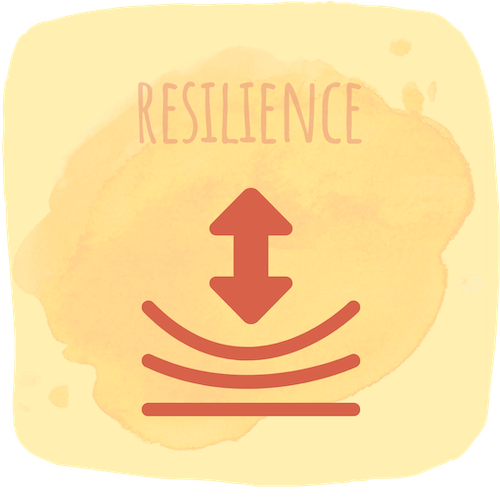
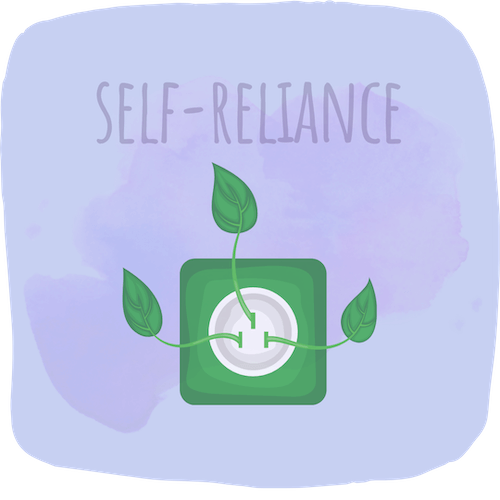
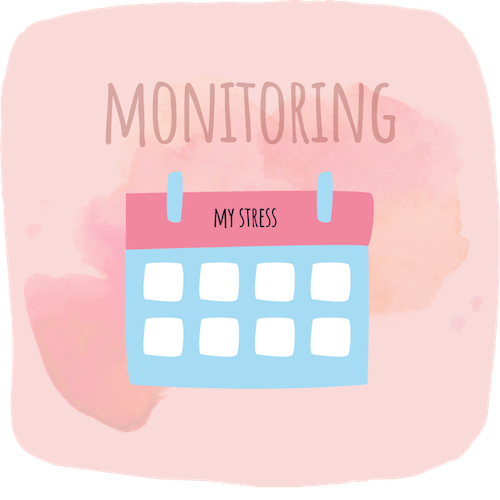
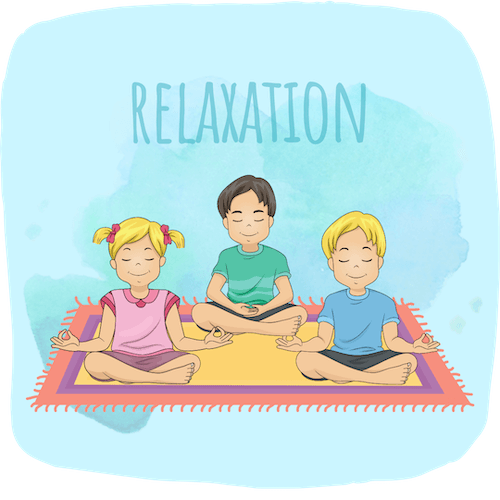
References
- Sawyer, S. M., Azzopardi, P. S., et al., (2018). The age of adolescence. Lancet Child Adolesc Health. Mar;2(3):223-228.
- Jaworska, N., & MacQueen, G. (2015). Adolescence as a unique developmental period. Journal of psychiatry & neuroscience : JPN, 40(5), 291–293.
- Christie, D., & Viner, R. (2005). Adolescent development. BMJ (Clinical research ed.), 330(7486), 301–304.
Latest Posts

7 Reasons Why You Should Seek Therapy
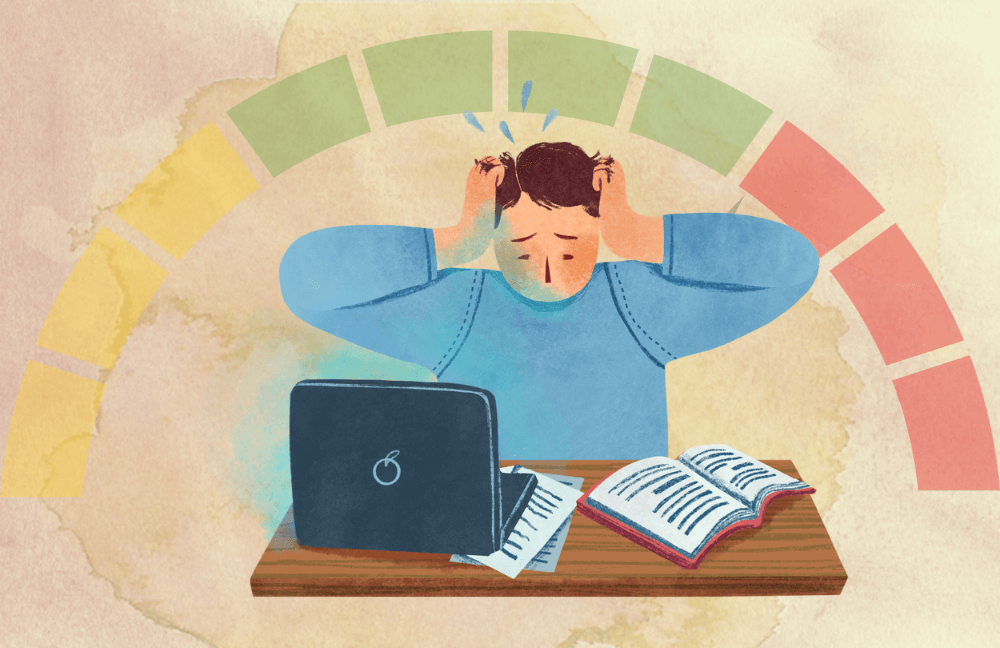
7 Questions About Workplace Stress Answered
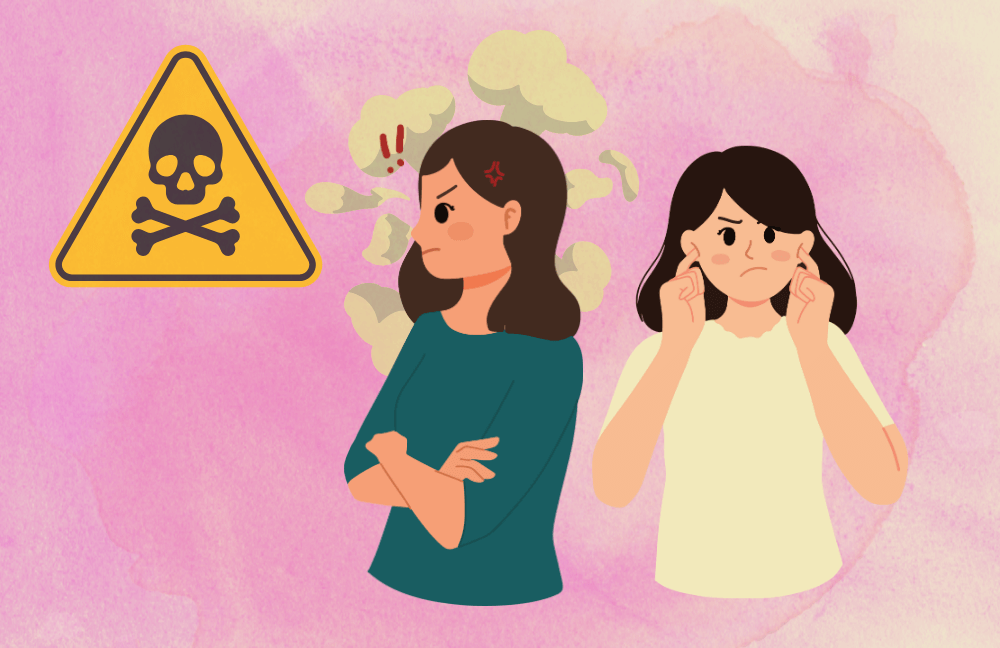
5 Ways To Deal With A Toxic Coworker
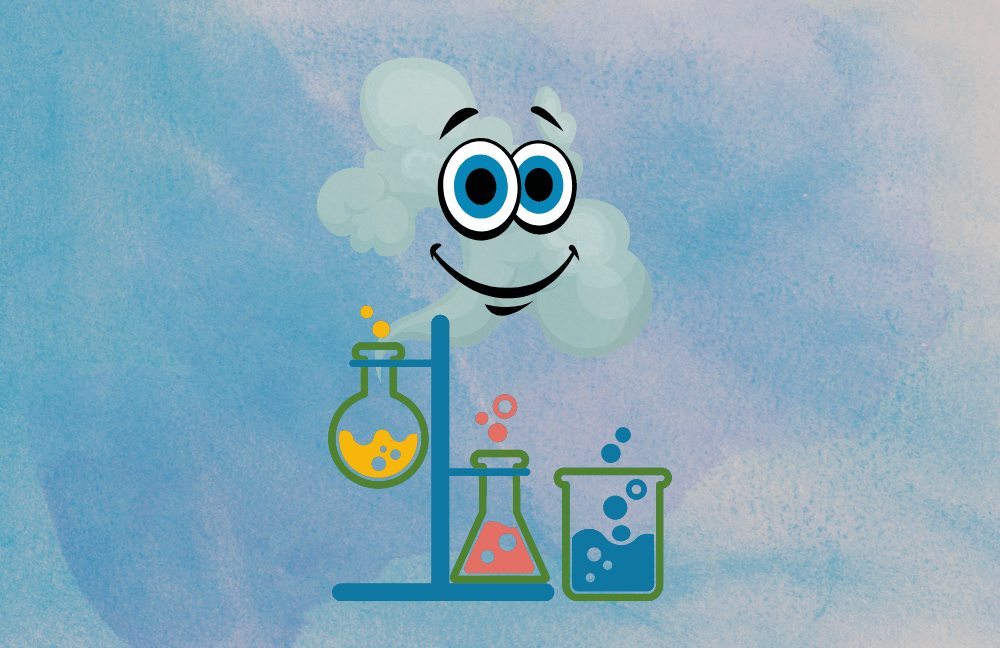
Science of Happiness: 1000s Of Years Of Research
